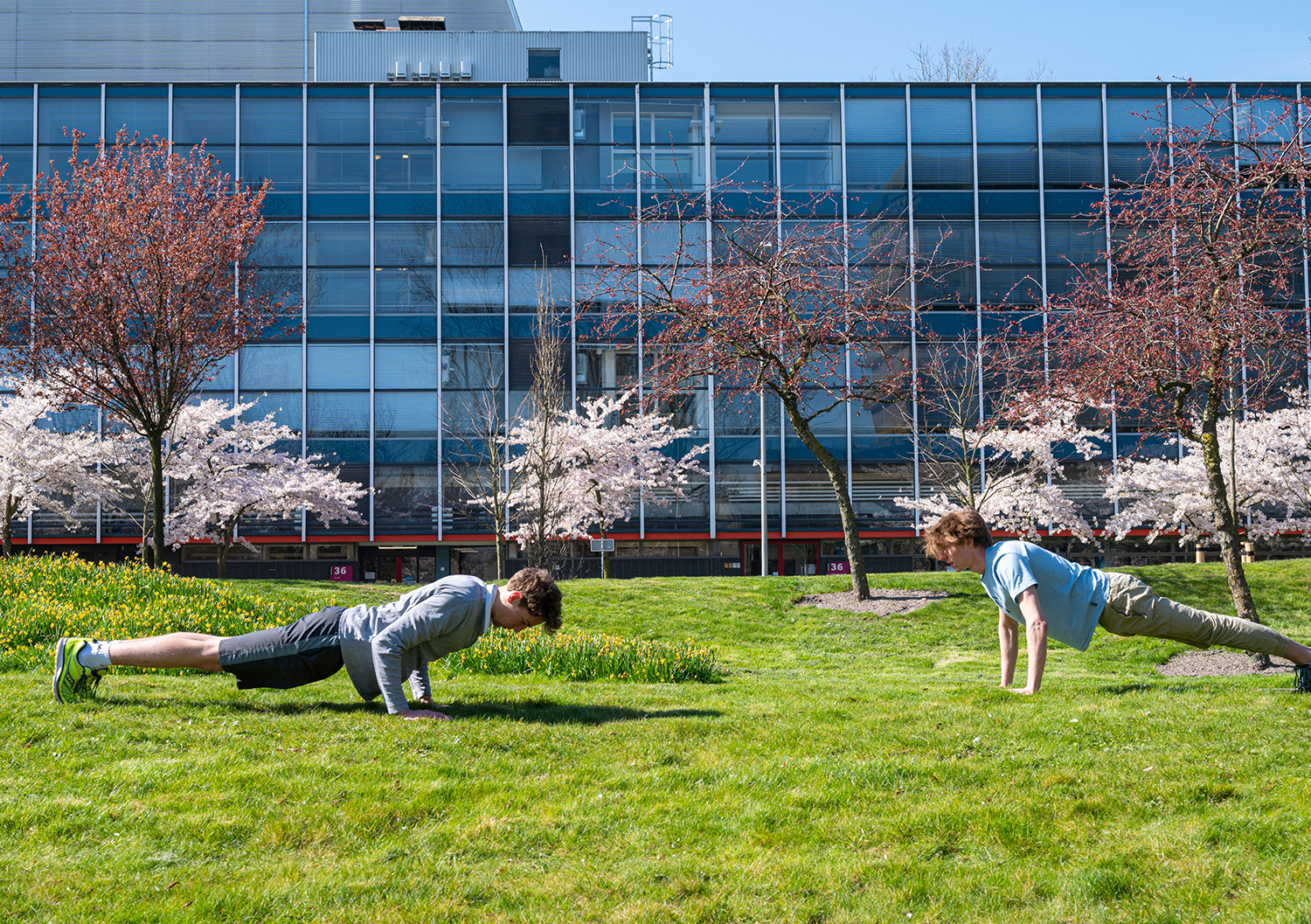Mariken Leurs is head of the Corona Behavioural Unit at RIVM. She also runs the RIVM Centre for Health and Society.
“Keeping people healthy is what we are here for. We apply the expertise from behavioural science during the corona crisis, in order to get the virus under control and keep it that way. The aim is to ensure that the behaviour we need now can also be sustained.”
Sustaining new behaviour
“Our primary task is to establish a solid scientific basis to answer the most important questions. We are looking for the mental factors that have an impact on behaviour. To a very large degree, it is about well-being. All these factors together help us maintain this new behaviour.”
“The Corona Behavioural Unit at RIVM is made up of a core team of five people, plus another fifty or so who are involved in the Behavioural Unit but who are assigned across various different work packages. We also have fifteen professors with expertise in the behavioural sciences on an independent Scientific Advisory Council that advises us.”
Familiar territory
“Behaviour is familiar territory for RIVM. In the Centre for Healthy Living, for example, we have been relying on behavioural research for years, using that knowledge to promote health.”
“In this Behavioural Unit, what we want to do is take that behavioural expertise to the next level. Right now the most important thing is the behaviour surrounding the novel coronavirus. But behaviour is a part of so many of the societally relevant solutions that RIVM is engaged with. Infectious diseases, climate, healthy lifestyle – so much is tied into behaviour.”
